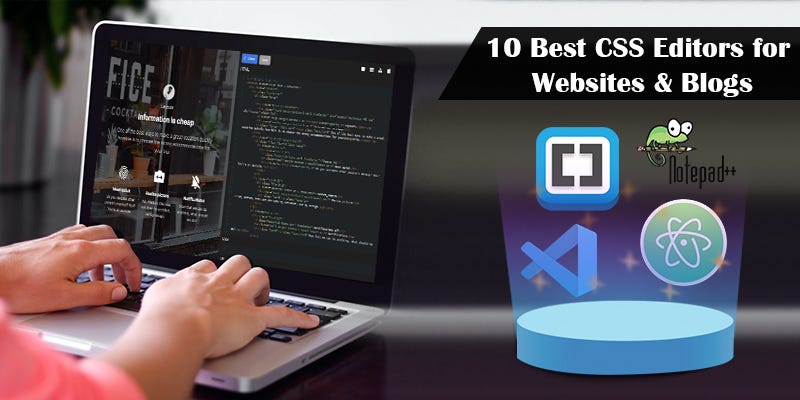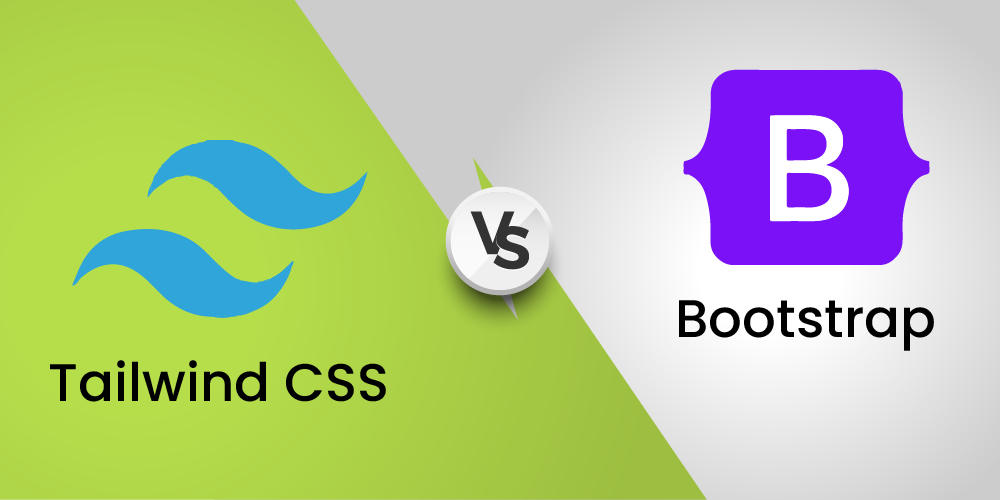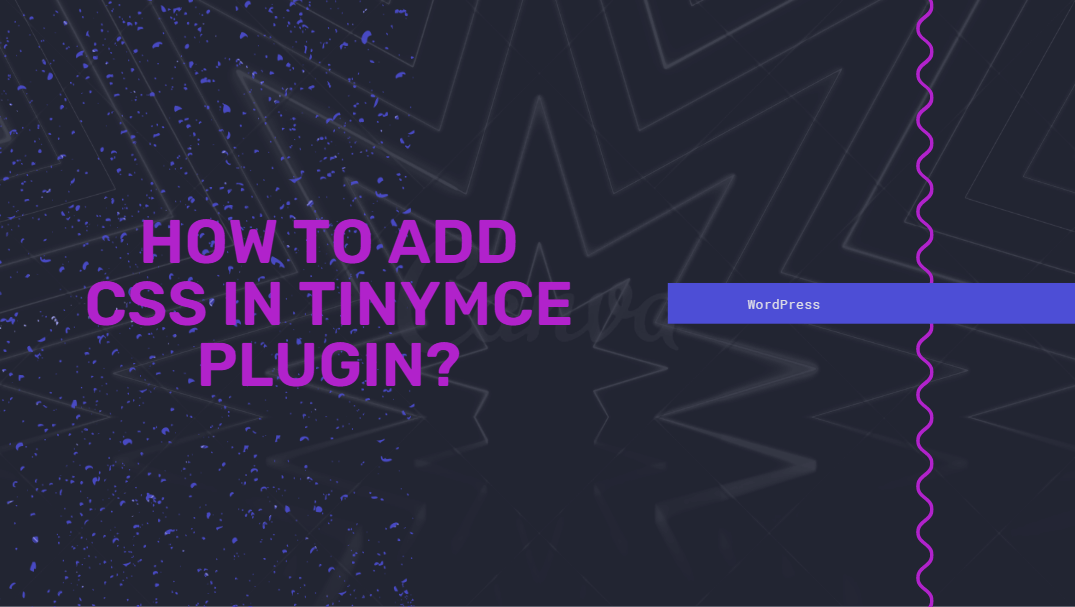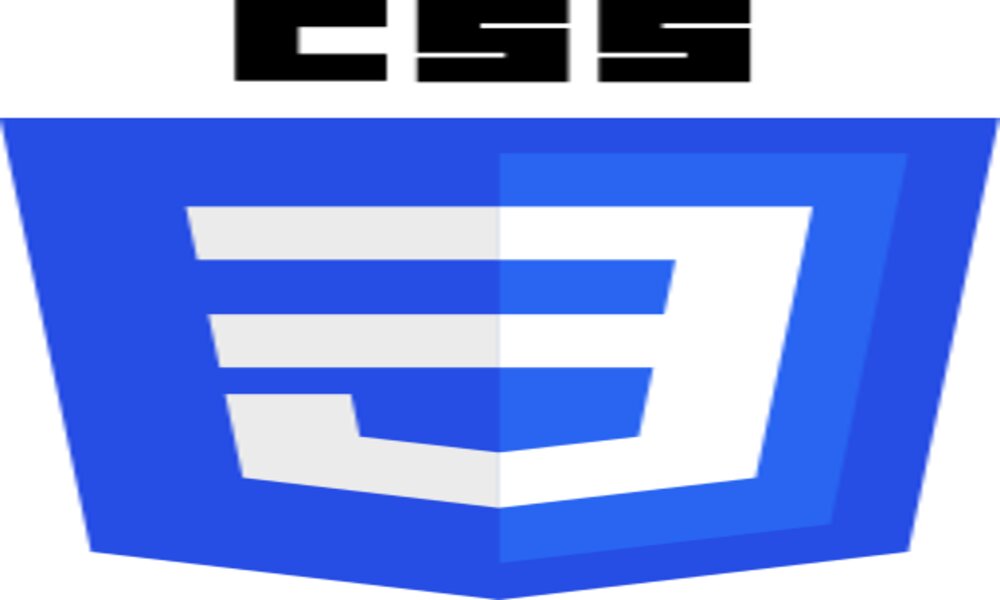
A beautiful website or a blog needs an excellent finishing touch in terms of elegance. It must give an attractive outlook to ensure that the website or blog visitors can get the best feel and can connect with these platforms as soon as possible. Hence, the website or blog developers need a tool that can enhance the attractiveness of their platforms. CSS, or cascading style sheets, is the solution to this bug. It carries the facility to extract the most gracious elements to give an enticing structure to the websites or blogs. So, all one needs is some good editors that contain CSS elements and containers to bring the beauty of the website or blog. But, the question arises: which CSS editor can be the best aid? Well, here is this article that discusses all the 10 best CSS editors for a website and blog.

Atom
Atom is one of the most phenomenal open-source platforms that offer CSS editors. Developed by Github, it got the tag of “a hackable text editor for the 21st Century.” Atom can run on Linux, macOS, and Windows operating systems. Hence, it is highly compatible. One of the best parts of Atom is that it makes sure that real-time collaboration is efficient and straightforward. Whatever changes made in the code give immediate results. Atom brings with itself a vast volume of packages and libraries that empowers the text editor with more functionality. Hence, the website can have more roles or functions to perform. All the themes made in the Atom are the contribution made by the Atom community members shared over the forum.
Komodo Edit
Komodo Edit is like the “Komodo dragon” of the web development platform community. Hence, they prefer to flourish even in the paucity of resources. Komodo Edit has added dynamic programming languages with high customization through its plugins and macros. Due to its go-to-anything feature, Komodo Edit offers a great range of navigation to any location of the source code. Hence, programmers can immediately go to any part of the code to make changes as per the results or errors. But, there is one glitch with Komodo Edit, i.e., it lacks a real-time collaboration. Therefore, there is no live preview feature. Thus, Komodo is one of the ideal candidates to be on the list of the 10 best CSS editors.
Visual Studio Code
Visual Studio Code is one of the best available platforms for editing CSS codes for a website or blog. Developed by Microsoft, Visual Studio Code supports Linux Debian, Fedora, RedHat, SUSE, Ubuntu, Windows 7 or later, and macOS operating systems. Visual Studio Code embeds the debugging facility. There is a good number of options available to customize the extensions and themes. Due to the autocomplete feature, the Visual Studio Code allows the user not to write the entire statement and gives the option to complete with one stroke of a button. Apart from this, the syntax highlighting and code refactoring ensures that the Visual Studio Code lets the user find a space to add more CSS functionality in specific CSS files.
Bluefish
Bluefish is another platform that offers advanced features of programming to develop and build dynamic websites. Though it is a standalone application, Bluefish supports integration with API plugins and GNOME open-source desktop environment. The best tenet around which Bluefish stands apart from all the platforms is its wizard tools. This super-specialty function helps programmers and developers to finish their tasks in an efficient way. Hence, in a nutshell, one can say that Bluefish is simple to understand and learn the basics of editing and coding but has powerful features for CSS codes. Due to this, Bluefish is a part of the 10 best CSS editors for websites and blogs.
Gedit
Gedit is the extraction of GNOME that derives its principle of ease-of-use and simplicity. It offers a broad range of CSS features. Hence, one can design an elegant user interface platform using the tools present in gedit. gedit makes sure that the entire CSS code structure is well-assembled, just like other markup languages like HTML. With features like GtkSourceView, one gets the syntax highlighting to understand the CSS program better. Even a program can edit several files in the same instance using gedit’s GUI tabs.
Brackets
Developed by Adobe, Brackets supports visual tools and preprocessor support. Made specifically for front-end developers and web designers, Brackets is a lightweight platform. Brackets support live preview features. Hence, there is a space to observe the immediate changes that the developer has pushed. In addition to this, there is a massive space for a decent degree of customization. Brackets platform helps to give linguistic support by translating the code editor in 35 different languages.
Notepad++
Notepad++ is a C++-built platform. It has features like find and replace, tabbed editing, and autocompletion. It supports more than 20 programming languages, among which is CSS. Notepad++ delivers speedy execution of the code by deploying the same immediately. However, there is one issue in terms of compatibility. Notepad++ supports only Windows operating systems. Hence, one can run the same on macOS and Linux architecture. But, Notepad++ brings the API plugin integration for new CSS features.
Scintilla
Scintilla is a free, open-source library that has a dedicated code editor window for CSS. Like other code editors, Scintilla supports autocompletion, syntax highlighting, and code folding features. Scintilla is a free open-source library that has features of text editing component focusing on advanced features for source code editing. Apart from this, Scintilla offers regular expression search implementation to navigate to the distant code sites. There is an option for error indication that helps to detect and identify code issues and bugs. Hence, Scintilla is one of the 10 best CSS editors.
Espresso
Espresso is one of the most preferable CSS editors that support other web programming languages like CSS, HTML, Python, XML, Coffee, etc. There is an option for multiple-selection of elements, along with a multi-editing feature. The find and replace component makes the code development easy and simple to make changes. Apart from this, the plugin support mechanism helps to integrate advanced functionality. But, Espresso supports the only macOS. Hence, Windows and Linux users won’t get any aid from Espresso.
Coda
Coda is a text editor that has dedicated support for Mac and iPad systems. Due to features like CSS overriding, local indexing, and publishing deliver pixel-perfect previews. Hence, there is an option for controlling and handling remote files. There is a separate in-built terminal available for MySQL. Coda gives a considerable volume of API plugins for CSS. However, just like Espresso, Coda supports the Mac operating system. These were the best-rated CSS editors you can use for your website or blog.























